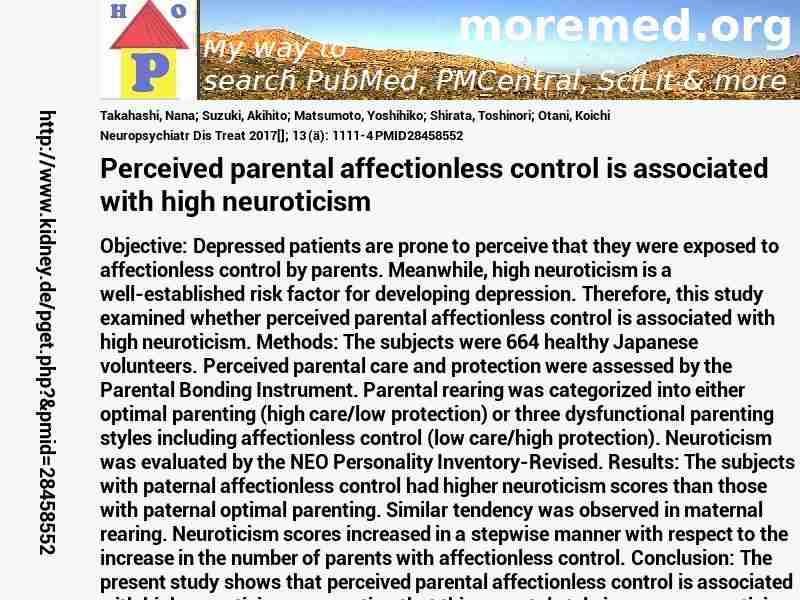10.2147/NDT.S132511
http://scihub22266oqcxt.onion/10.2147/NDT.S132511

C5403000!5403000!28458552
 free free
 free free
 free free
|  
Deprecated: Implicit conversion from float 211.6 to int loses precision in C:\Inetpub\vhosts\kidney.de\httpdocs\pget.php on line 534
Deprecated: Implicit conversion from float 211.6 to int loses precision in C:\Inetpub\vhosts\kidney.de\httpdocs\pget.php on line 534
Deprecated: Implicit conversion from float 211.6 to int loses precision in C:\Inetpub\vhosts\kidney.de\httpdocs\pget.php on line 534
 Neuropsychiatr+Dis+Treat 2017 ; 13 (ä): 1111-4 Neuropsychiatr+Dis+Treat 2017 ; 13 (ä): 1111-4
Nephropedia Template TP
gab.com Text
Twit Text FOAVip
Twit Text #
English Wikipedia
|

 free
free free
free free
free